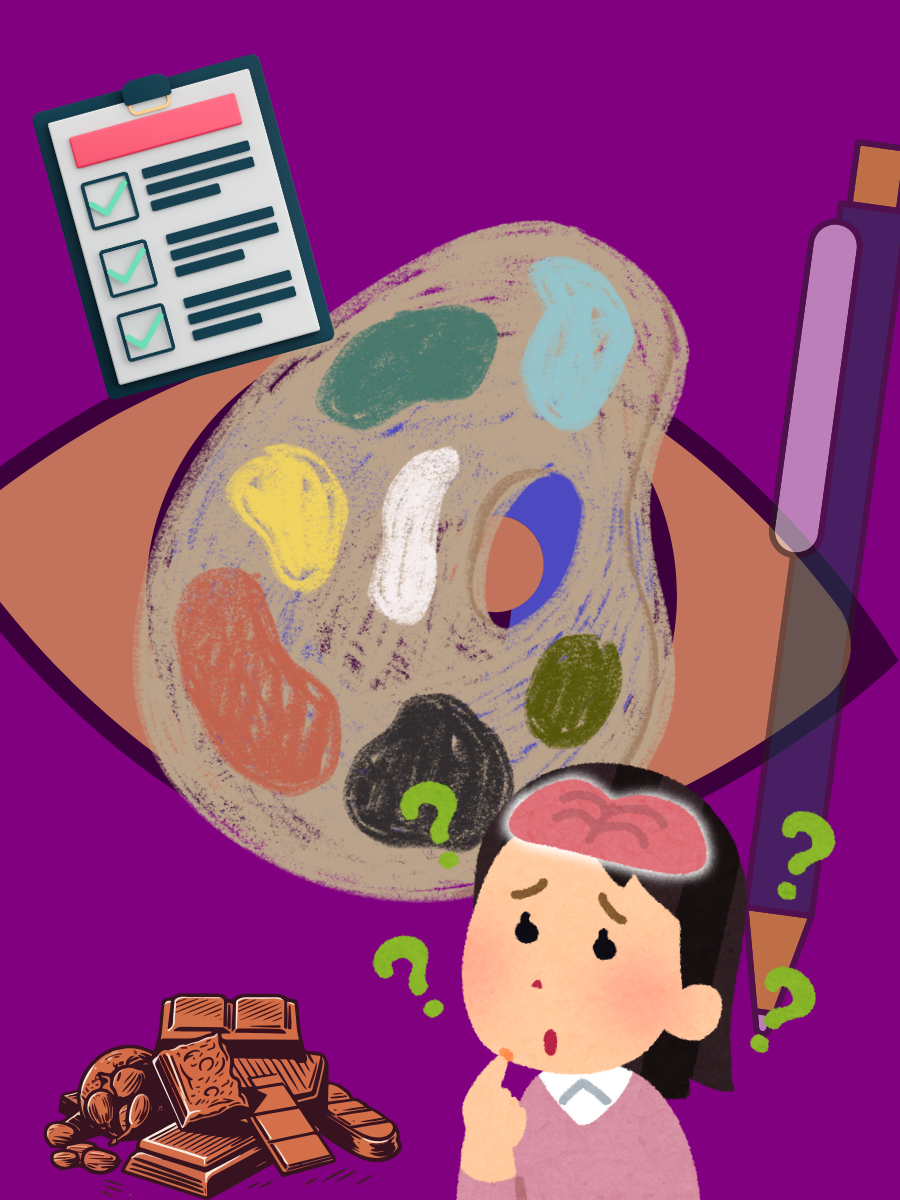Introduction
Intellectual Property (IP) is a term commonly used to describe the legal rights granted to individuals and companies for their original thoughts and works, such as inventions, brand names, logos, books, music, designs, and software. These rights allow creators to maintain control over how their work is used while receiving rewards for their labor. The evolution of IP laws has played a crucial role in protecting the work of creators, inventors, and businesses. When their rights are guaranteed, people are incentivized to invest time and resources into innovative ideas. This protection stimulates creativity, helps startups grow, and builds confidence for investors interested in supporting creative industries.
The UAE has transformed from a petroleum-based economy into a center for technology, tourism, and business. To support this transition, strong IP laws are essential to safeguard new inventions, innovative work, and international brands. In turn, these laws help the country attract global businesses and become a hub for innovation. This blog discusses the evolution of IP laws in the UAE, exploring early IP protection, landmark reforms, recent developments, and current challenges shaping the future of innovation and business in the country.
Early Stage of IP Laws in the UAE
When Did IP Laws Become a Focus in the UAE?
The IP laws started gaining scrutiny in the United Arab Emirates around the late 20th century, particularly in the 1980s and 1990s. As the country began to develop economically and more integrated into international trade and investment, it became apparent that there would need to be some legal protection afforded to creative works and inventions.
Fundamental Protections in the 1980s–1990s
At the time, the UAE initially had only rudimentary IP laws. These laws offered minimal protections for things like trademarks and copyrights. However, they were emerging and not fully compliant with international standards. Enforcement was also weak, and many people did not know their rights.
Joining Global IP Agreements
The UAE has since acted to join international agreements to enhance its IP system. Joining the World Intellectual Property Organization (WIPO) in 1974 was a significant milestone. In other world laws, with the UAE is a member of the Paris and Berne Conventions. These actions demonstrated the UAE’s strong intent to safeguard intellectual property at a higher level.
Major Reforms and Developments
The key changes during the 2000s and 2010s
The UAE improved its IP laws significantly in the 2000s and 2010s. The government learned that a better protection rate must be provided for innovation and foreign investment. Consequently, new laws were adopted, and existing laws were amended to comply with the international standards.
Updated Laws for Patents, Trademarks, and Copyrights
The UAE has been making patent, trademark, and copyright laws more explicit and comprehensive, and it has also given similar treatment to the laws on the subject of industrial designs. With these laws, the rights of inventors, artists, companies, and brand owners were more strongly secured. For instance, the patent laws were amended to protect newly created things, and the scope of copyright laws was extended to include digital works, such as the content and software for the internet.
Economy Ministry’s IP Department Creation
To be able to secure and apply these laws, the UAE had to create a series of institutions exclusively for that purpose. One of the most significant was the Intellectual Property Department that was established under the Ministry of Economy. This was the organization that was given the function of managing most of the IP registrations, conducting public education, and cooperating closely with worldwide bodies to clothe the UAE’s IP system with the best possible practices.
IP and Vision 2021 / Vision 2030
Building a Knowledge-Based Economy
The UAE’s Barack Obama 2030 and Vision 2021 plans are designed to build a solid knowledge-based economy. This refers to the country wanting to develop itself through education, technology, innovation, and creative sectors instead of relying on oil. In order to meet this goal, the UAE has to support those who become the creators of the new.
Role of IP in Innovation and Investment
IP plays a crucial role in realising this vision. People aware that their ideas are protected by law are not discouraged from creating and sharing new things. Moreover, intellectual property protection laws are important in bringing foreign investors and multinational corporations into a country. They are, therefore, more likely to be involved in doing business in any of those countries whose names, products, and technologies are free from infringement.
Recent Trends and Updates (2021 onwards)
The Future of Law in a Digital World
From 2021 till now, the UAE has been on an updated course to enhance its IPR laws to keep pace with the present. The amendments initiated to protect digital content, like online books, music, and videos, are the most notable. The country is also considering the issues relating to AI-generated inventions and digital designs and how to proceed. These are the fundamental changes to preserve creators’ rights in the digital and the tech sectors.
Adopting Global IPR Standards
The UAE is making an effort to comply with the international IPR rules. One of the most essential agreements in place is the TRIPS (Trade-Related Aspects of Intellectual Property Rights) Agreement, which has determined the global norms for IP protection. For one, the UAE’s adherence to the TRIPS agreement proves its commitment to protecting IPR and its dedication to the global trade community.
IP Protection in the Free Zones
Special places in the UAE, known as Free Zones, are examples of economic zones, e.g., the DIFC (Dubai International Financial Centre) and the ADGM (Abu Dhabi Global Market). In addition to being businesses’ recluses, these zones are home to a separate legal system, and almost in all cases, they offer extra support to businesses like IP protection. This prosperous condition with such a business presence is usually an uninterrupted space where international companies and startups find it comfortable and secure to scale their businesses.
Challenges and Ongoing Efforts
Issues Still Faced
Nevertheless, despite robust IP laws being available, the UAE still presents some challenges. One of the significant issues is enforcement ensuring that the laws are adhered to violators are charged. A further problem is public awareness. In particular many, small business owners and creators do not understand their IP. If you think the old one is a pain in the neck, Digital piracy is too such as illegal downloading and copying of music, films and software.
Current Initiatives
In response to these challenges, the UAE is taking proactive measures. The government also conducts awareness campaigns to educate people about IP and IP protection. It also provides legal training to assist judges, lawyers and enforcement officers in handling IP cases more efficiently. Moreover, the UAE collaborates with global organizations to keep abreast of global IP best practices and enhance cross border cooperation.
Conclusion
The evolution of the UAE’s intellectual property laws indicates the country’s commitment to growth, innovation, and international best practices. By creating a 21st-century legal framework based on modern law, the UAE has progressively gone from having a handful of rudimentary rules in the early years to effectively protecting rights of creators, inventors and businesses. As a result, these developments have transformed the UAE into a global investment magnet and an attractive destination for entrepreneurs.
Stronger IP laws have positively impacted the country’s business climate. Innovation has risen, and businesses are more confident about introducing new services and concepts. For instance, accelerated growth for multiple tech startups in Dubai is enabled by protecting their software and brand identities through updated IP laws. Such legal protections stimulate innovation and spur economic progress.
In this regard, the UAE has always positioned itself as a better IP system. The country is ready to face the future in a digital world thanks to legal updates, public awareness programs, and international partnerships. This constant evolution allows the UAE to remain one of the world’s industry leaders regarding IP protection.
References
- https://www.linkedin.com/pulse/recent-developments-uae-intellectual-property
- https://atblegal.com/blog/uae-intellectual-property-law/
- https://www.linkedin.com/pulse/understanding-intellectual-property-law-uae-key-ibrahim-shadique–qvxnf
- https://cms-lawnow.com/en/ealerts/2022/02/uae-amended-ip-laws-take-effect
- https://alsuwaidiadvocates.com/intellectual-property-rights-in-the-uae-protection-and-enforcement/
- https://www.legal500.com/developments/thought-leadership/intellectual-property-rights-in-the-uae-copyrights-trademarks-patents/
- https://alkabban.com/protecting-intellectual-property-rights-in-the-uae-a-comprehensive-guide/
- https://courtscast.com/intellectual-property-rights-in-the-uae-a-lawyers-handbook/
- https://www.moec.gov.ae/en/intellectual-property-legislations







